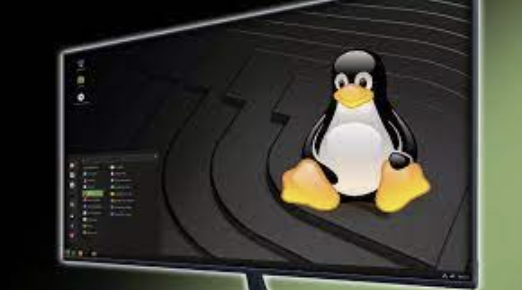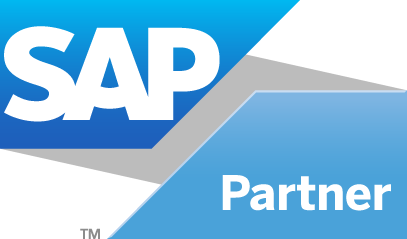Prime Institute
What is Linux?
31/10/2021
¡Acceso SAP S/4HANA desde $100!
Acceso a SAP
What is Linux?
Linux is the solid foundation for all IT workloads and deployments, both traditional and innovative, in any environment, whether OS-less, virtual, cloud, or containerized.
Linux is the name given to a series of Unix-like operating systems under the GNU GPL (GNU General Public License) that are mostly free and equipped with everything needed to run a PC. One of its peculiarities is the ability to install a very lightweight system initially and add necessary components later as required.
Linux is multi-user, multi-tasking, and multi-platform. It can operate in console mode for minimal resource consumption, but it can also run with a graphical environment, which can be installed using terminal commands or by purchasing a package that includes one. To explore Linux, you can utilize a virtual machine before installing it on your PC.
Being open-source, Linux allows users to use, copy, modify, and redistribute it freely for any purpose, always complying with the terms of the GNU GPL license. For instance, Android utilizes the Linux kernel but without GNU components, as it is customized for mobile devices like smartphones and tablets.
What can I do with Linux?
Linux can serve as the foundation for nearly any type of IT initiative, including containers, cloud-based applications, and security solutions. It plays a crucial role in some of the world's largest industries and companies, ranging from information-sharing websites like Wikipedia and the New York Stock Exchange to mobile devices powered by Android, a distribution of the Linux kernel tailored for specific uses with additional software.
Advantages
1. Affordability.
2. Stability; it boasts a low crash rate.
3. Security; it offers enhanced security compared to other server systems.
4. Compatibility; it seamlessly integrates with most other operating systems within a network.
5. Speed; Linux excels in task performance speed.
6. Backed by a vast community of programmers worldwide.
7. Includes source code, enabling user customization.
8. Ideal for programming across different platforms, including Windows.
9. Rapidly expanding system.
10. Versatile; usable on a wide range of computers, starting from a 386.
11. True multitasking capabilities.
12. Supports multiple processors, scaling up to 16 processors.
13. Immune to viruses; no known viruses target Linux.
14. Handles hard disks up to 16 Terabytes.
15. Easily accessible and free patches.
16. Supported by millions of users globally.
17. Endorsement from hardware manufacturers like IBM and COMPAQ.
18. Certification systems being implemented by vendors and developers for Linux.
19. DATA International Corporation predicts a growth rate of 25 percent per year for Linux in the new millennium.
© 2025 Copyright. Todos los derechos reservados.
Desarrollado por Prime Institute





